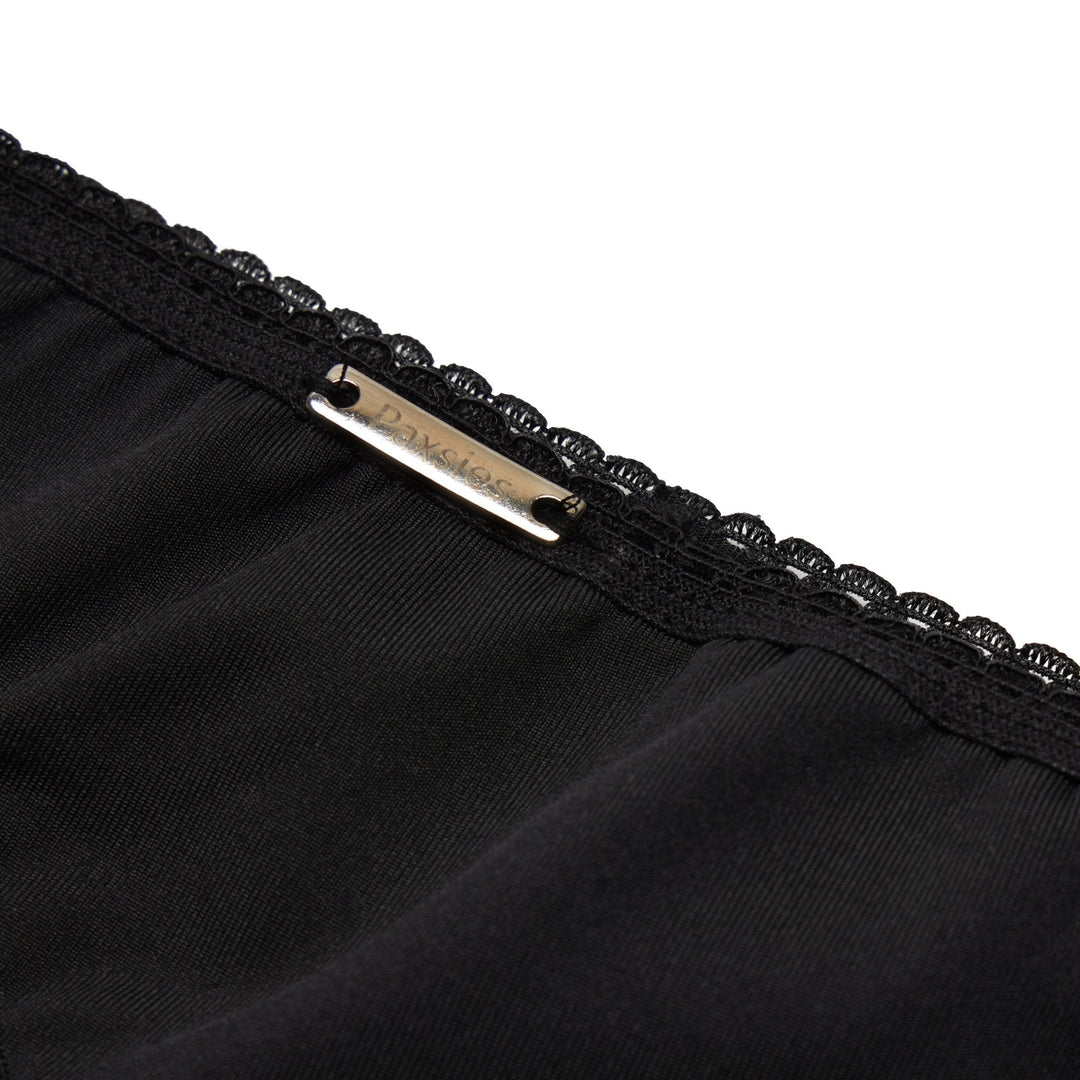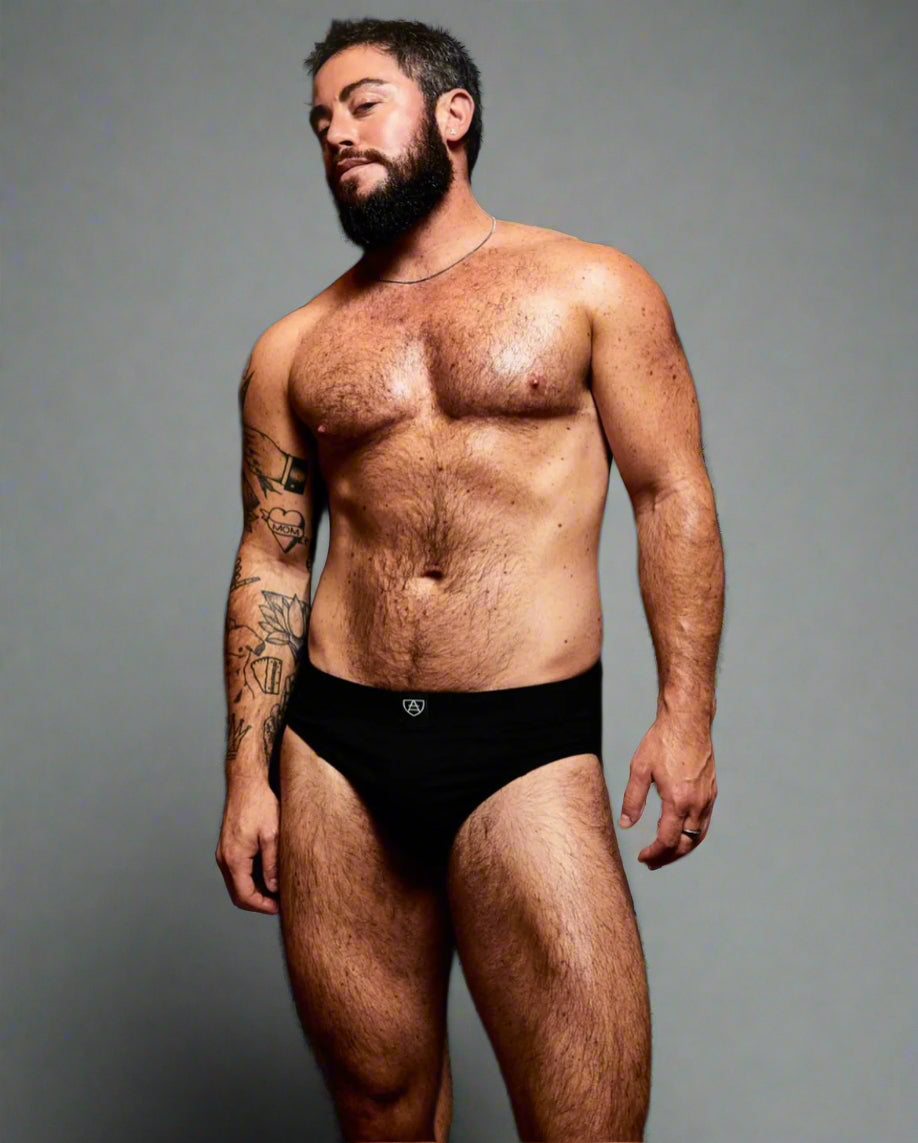How To Support Your Queer Kid | Part 1: The Basics
So, your child has come out to you as queer. Congratulations! This may be something deeply personal and important to your child that they’ve chosen to share with you. But you might be feeling confused or unsure of how best to support them, especially if you’re not very familiar with LGBTQA+ identities. That’s why we’re putting together a mini-series of blog post guides to help you be the very best parent you can and support your queer kid! In this post, we’ll be covering some of the basics of what to do when your child has just come out.
Match their energy
Coming out is a very personal and unique thing, and everyone approaches it differently. Some people might prefer to just casually mention it and not want to make a big deal out of things, but others might have a lot of apprehension or have struggled with their identity and the decision to tell you for a long time, and need that recognised. You’re not a mind reader, but you can take your cues from how your child approaches the topic of their queerness! If they sit you down for a serious conversation, or have written a letter, then they might need a more in-depth conversation about it than if they mention it while doing the washing up. Be alert for anything they seem insecure or anxious about, and, of course, make sure they know you love them.
Listen to your child
Your kid knows their identity better than anyone, so listen to what they have to say and be open to learning new things. Don’t try to contradict them or invalidate their feelings by saying they’re too young to know or anything like that—this is one of the worst things you can hear as a young queer person! You wouldn’t tell a cisgender heterosexual thirteen-year-old they were too young to know they were cisgender and heterosexual, so don’t say it to your queer kids.
If there’s something you don’t understand, it’s best to ask them, but approach it from a place of ‘this is something I don’t understand yet, but they can teach me’ rather than ‘this is something I don’t understand, so it’s not real / doesn’t make sense.’ It’s quite possible your child’s experiences and identity as a queer person will be unfamiliar to you and might not be immediately easy to understand, but that doesn’t make it any less valid.
Do your research
You might not be familiar with your child’s identity at first, and that’s alright! Most people have heard of gay, lesbian, bisexual and transgender at this point, but you might not already know about pansexual, agender, or know how to use neo-pronouns yet.
You can find lots of information about all sorts of identities online, so guides like this one can be a good place to start. Be aware that there is a lot of misinformation out there also, and familiarise yourself with the red-flags of transphobic hate-speech, as TERFs (Transgender Exclusionary Radical Feminists, also often called RadFems) often target the parents of transgender children. You can read more about what TERFs are and how to avoid them here, or read this guide by Cambridge University.
Your child might be open to helping you find good resources from reputable organisations that they feel help explain their identity to you, but you can also find advice from charities such as Stonewall. The main thing to remember is to get your information from actual queer people with personal experience, not just someone who knows a queer person like other parents.
Remember, it’s not about you!
Whatever your feelings about your child coming out, you have to be a good parent. They need your support right now, and you need to be there for them! You may be upset because you are homophobic or transphobic, in which case you need to get started on unlearning those hateful beliefs ASAP. Or, you may not believe you are those things but are upset anyway, because you’re concerned about life being harder for your child, or you’re worried what other people will think, or because you think they should have told you before.
Nobody can tell you not to feel your emotions, but you absolutely cannot make them your child’s problem to deal with. No matter the cause of your upset, if you react in this way to them coming out then it will be distressing and damage their trust in you. This is much harder for them than it is for you and if you are having conflicting feelings about the situation, you need to deal with them like an adult, in private with a friend or therapist or however works best for you, without inflicting it on your child.
Find out what they need from you
Depending on their identity and how independent your child is, the support they need from you is going to be different. Everyone needs love and acceptance from their family, but there are a lot of practical ways you can support your child as well. It can help to have a conversation (or, more likely, it will be several over time) to make clear what they need you to support them with. Make sure you’re both in a good headspace to talk openly and work together to find the best way.
Here are a couple of things you might want to think about:
- Do they have a new name you need to call them by?
- Do they have new pronouns? Do you know how to use them? (If not, get practising, no excuses!)
- Could they benefit from talking to a therapist or a counsellor?
- For teens, do they have a partner for you to meet? And, if relevant, do they have access to reliable educational materials about safe sex?
- Do they have clothes that match their preferred presentation? Do they have the haircut they need to feel comfortable?
- Are they planning to transition? Do they need to see a doctor?
- Does their school need to be informed of their planned transition?
- Who are they out to? Do they need your help coming out to anyone? Is there anyone they don’t want to come out to? It cannot be overstated how important it is to respect your child’s decisions in this respect.
- Are they accepted by their friends and classmates? Have they been bullied for being queer? Are they worried about the possibility?
- Is there anything else to do with this they’re worried about?
Relax together
After all this, you might both be feeling a bit emotional and drained. Take some time to relax! Together, if your child is up for it, but it’s good to respect if they need a bit of space first too. It’s not all over now, queerness is something that remains important to people throughout their whole lives and you’ll probably need to have many more conversations about it with time, but by being as supportive as you can be you’ve taken an important step in your relationship together, and in getting to know your child as their own person. That’s really something to celebrate.
Next time we’ll look at the more uncomfortable, difficult, or plain inconvenient aspects of supporting your queer kid, and why those things are all the more important for it.









